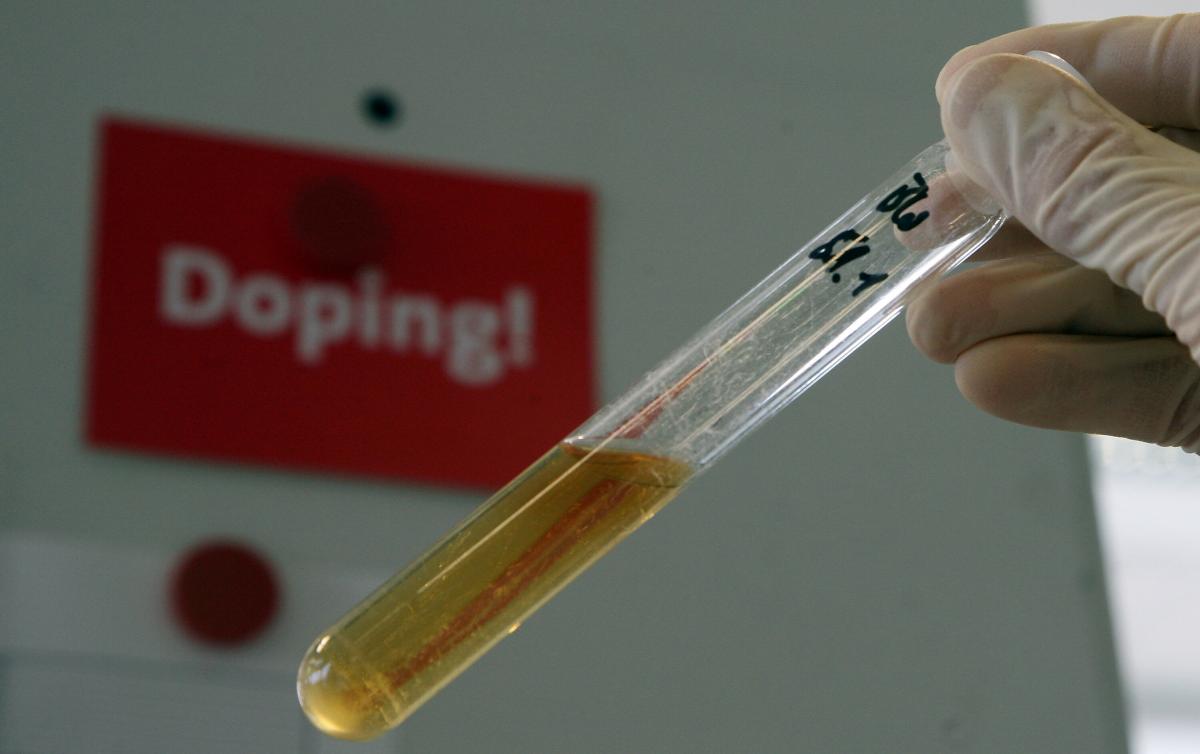Ukrainian athlete Mariana Shevchuk banned four years for anti-doping rule violation
Para powerlifter returned an adverse analytical finding for a prohibited substance at the Tbilisi 2024 Para Powerlifting World Cup 14 Feb 2025
The International Paralympic Committee (IPC) has banned Para powerlifting athlete Mariana Shevchuk of Ukraine for a period of four years for committing an anti-doping rule violation (ADRV), in breach of the IPC Anti-Doping Code.
The sanction was determined following a hearing of the Independent Anti-Doping Tribunal (the Independent Tribunal), which has jurisdiction to hear and determine alleged ADRVs under the IPC’s Anti-Doping Code (the Code).
The Ukrainian athlete returned an adverse analytical finding (AAF) for a prohibited substance in a urine sample provided in-competition on 22 June 2024 during the women's up to 55 kg event at the Tbilisi 2024 Para Powerlifting World Cup.
The prohibited substance was Meldonium. The substance is included on the World Anti-Doping Agency (WADA) 2024 Prohibited List under the class S4.4 Hormone and Metabolic Modulators. It is a non-specified substance for the purposes of the Code, prohibited at all times
The athlete was provisionally suspended by the IPC on 30 July 2024 pending a resolution of her case.
The athlete contested the consequences proposed by the IPC and requested a hearing of the Independent Tribunal be held. Following the hearing, the Independent Tribunal upheld the ADRV charges brought against the athlete by the IPC and imposed the consequences requested by the IPC in full.
As a result of her violation, the athlete will be ineligible for competition and other sporting activities (other than authorised anti-doping education or rehabilitation programmes) for four years from 30 July 2024 until 29 July 2028.
The results obtained by the athlete in the women's up to 55 kg competition at the Tbilisi 2024 Para Powerlifting World Cup are disqualified, with all resulting consequences, including forfeiture of any medals, points and prizes. All other results obtained by the athlete from the date the sample was collected until the commencement of the provisional suspension are also disqualified, with all resulting consequences, including forfeiture of any medals, points and prizes.
The ADRV was the second ADRV committed by the athlete in her career. The athlete was previously found to have committed an ADRV (also relating to the presence and use of Meldonium), pursuant to a decision of the IPC Anti-Doping Committee Tribunal in 2016. However, the hearing panel in that previous case determined that the athlete bore no fault or negligence for the previous ADRV. As such, this second ADRV was not considered a ‘multiple violation’ for the purposes of the Code, warranting a longer period of ineligibility than four years.
Each athlete is strictly liable for the substances found in their sample. An ADRV occurs whenever a prohibited substance (or its metabolites or markers) is found in their bodily sample, whether or not the athlete intentionally or unintentionally used a prohibited substance or was negligent or otherwise at fault.
As a signatory of the World Anti-Doping Code (the WADC), the IPC remains committed to a doping-free sporting environment at all levels. The IPC has established the IPC Anti-Doping Code in compliance with the general principles of the WADC, including the WADC International Standards, expecting that, in the spirit of sport, it will lead the fight against doping in sport for athletes with an impairment.




